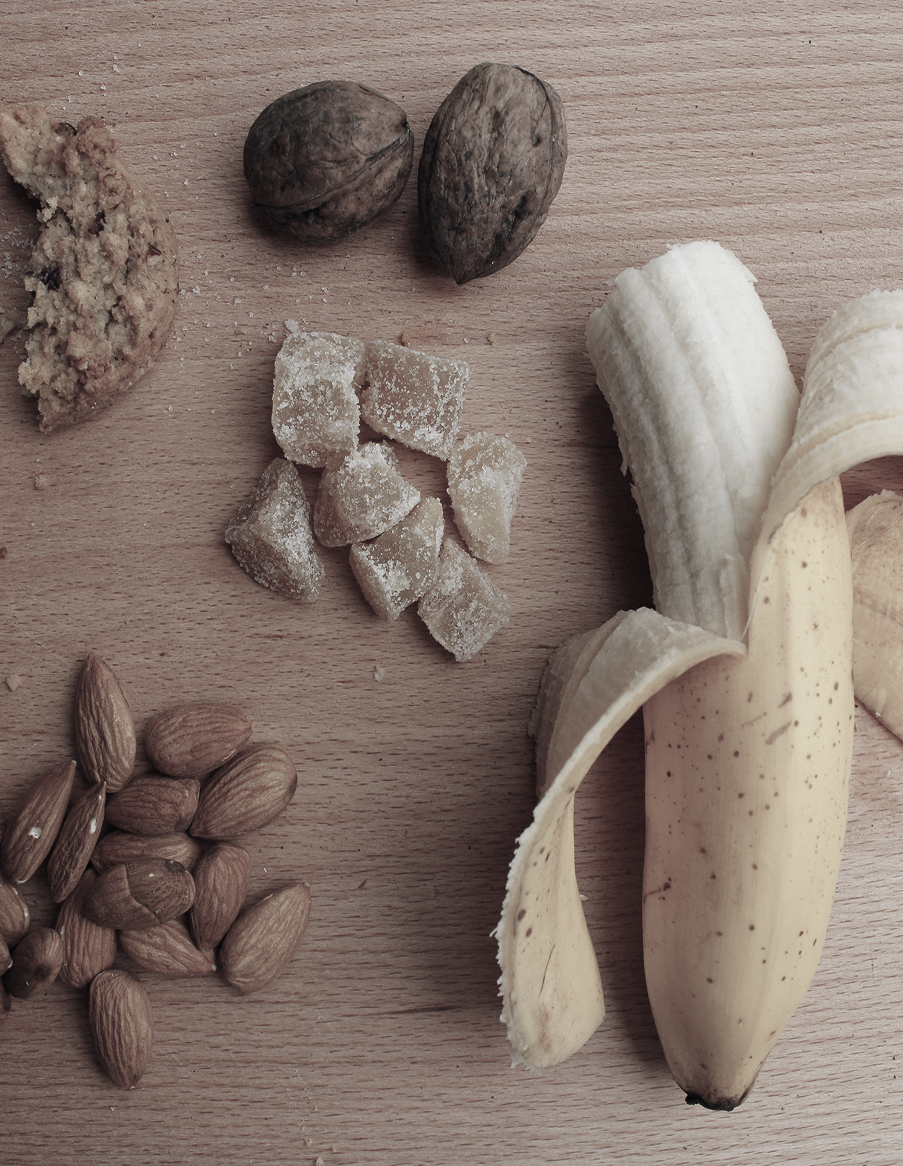The relationship between carbohydrates and energy is crucial for runners and anyone involved in endurance activities, because carbohydrates are the body's preferred and fastest source of fuel for muscles during exercise. The science of how carbohydrates turn into energy involves a fascinating sequence of biochemical steps that ensure muscles get the power they need, whether for a short sprint or a long-distance run.
How Carbs Become Energy
When you consume carbohydrates, the digestive system breaks them down into smaller units called glucose. Glucose is absorbed into the bloodstream and travels to organs like the liver and the muscles, and stored in the form of glycogen which uses it as fuel.
During any activity, glycogen is broken down to glucose through various biochemical processes which release bursts of ATP, also known as energy currency of cells. ATP is then used by your muscles to fuel your workout.
Why Carbohydrates Are Essential for Runners
- Carbohydrates, especially glucose, give muscles the rapid fuel needed for steady running and sudden bursts of speed.
- The body’s stored form of glucose (glycogen) in the muscles and the liver act as a reserve power source, quickly tapped into during exercise.
- The saying “fat burns in the flame of carbohydrate” means that even fat needs carbs to be burned efficiently to produce energy.
During Running: What Changes Happens in Your Body
In long runs at slow or moderate paces, the body relies more on carbohydrates and fats as a source of energy because that’s more efficient over time. If you keep running without topping up carbohydrates, your glycogen stores are depleted which leads to a drop in your performance, popularly known as “hitting the wall” or “bonking”.
To prevent bonking you need to consume carbohydrates via gels, drinks, chews mid-run. These provide simple sugars (mainly glucose, often with fructose) that are absorbed quickly, stabilize blood glucose, and spare liver glycogen from bottoming out. Carbohydrates maintain your brain's drive to keep pushing . They also keep your fat-burning process running smoothly. Carbs act like a spark that helps that engine turn. Without carbs, fat alone can’t power hard efforts, which causes your pace to drop.

